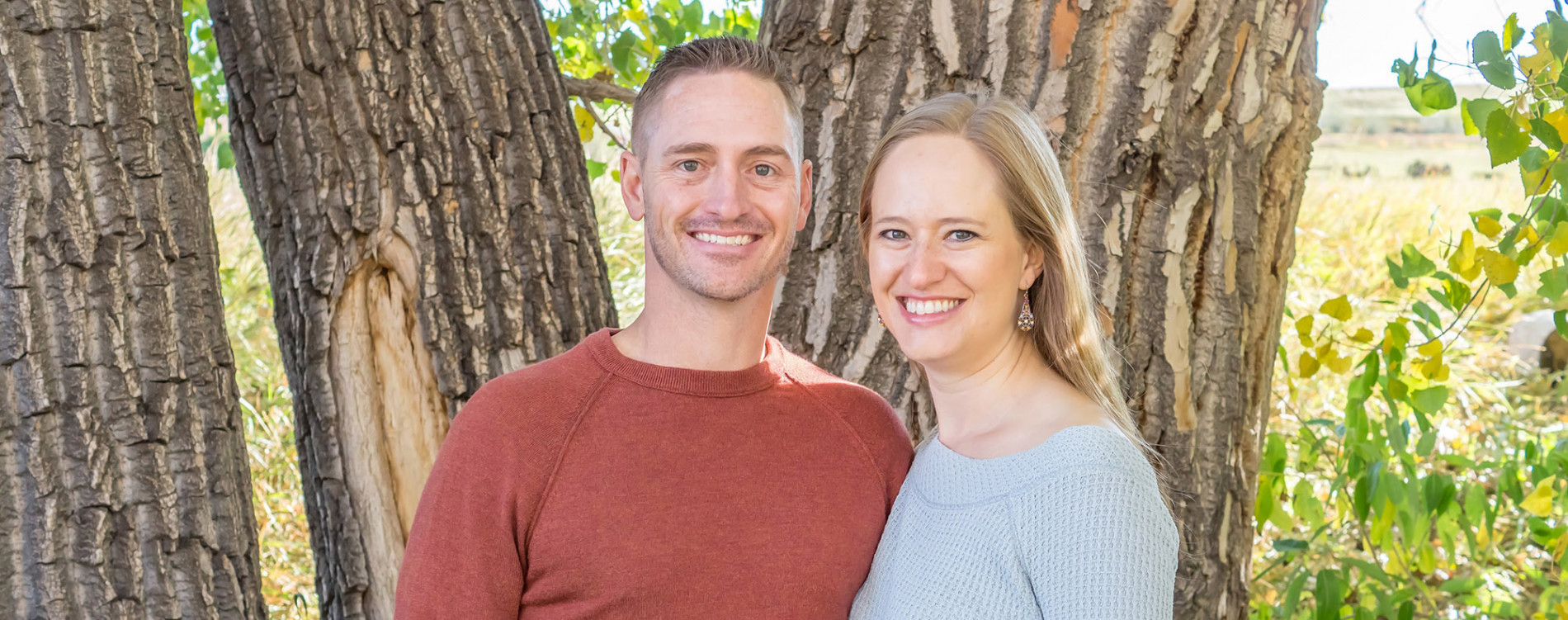If you were guaranteed to develop a debilitating, terminal disease in the next ten years, would you want to know? This is the question I'm faced with daily. My name is Marty, and my family has been studied for decades because we are one of only 643 known families on earth who carry a genetic mutation that causes early-onset Alzheimer's disease.
My grandfather became symptomatic in his 40s and died the year I was born. My uncle's age of onset was 54 and he passed at 61. My father was diagnosed at 54, too, and is in the final stages of the disease at 65. Because my grandfather was one of 14 children, our family tree is far-reaching, making us a valuable asset to the Alzheimer's research community. We know my father carries the genetic mutation; my brother tested negative for it, and I don't want to know yet.
For the past nine years, I have been involved in the Dominantly Inherited Alzheimer's Network (DIAN) observational study, wherein researchers have learned much more about when the disease starts, how it progresses, and what causes it in the first place. This has assisted in exciting advancements in drug development and treatment trials. This observational study has provided so much information that at the 2018 Alzheimer's Association International Conference, 36 of the presentations cited our data.
For the past five years, I have also been a participant in DIAN's Phase III drug treatment trial. So, what's the time commitment involved in doing both? I receive a one-hour intravenous infusion at my home once a month, take a cognitive exam every six months, and annually visit Washington University in St. Louis for four days of MRI scans, additional cognitive exams, psychiatric and physical check-ups, and a lumbar puncture. I know, that's a lot. My guess is that most clinical trials are not this involved, but we are a committed bunch. Watching loved ones succumb to this insidious disease, and knowing there’s a fifty-fifty chance it's coming for you, too, is a powerful motivator.
Many of us in this tiny, unlucky population affectionately call ourselves the X-Men because we are genetic mutants who want to help save the world from Alzheimer's. We participate in the DIAN study and drug trials for several reasons: it gives us a fight; it gives us hope for a future without Alzheimer's, and we've found community among other "gene freak" families. We take time out of our busy lives to be poked, scanned, and quizzed because we've chosen to face the monster that has been plaguing us for generations. Is it scary? Definitely. It's a consistent reminder of our impending, inglorious demise. But better to face it and fight than to duck, run, and pretend it won't get our children and grandchildren.
My story is unique, but my message is for everyone. As we recognize World Alzheimer's Day, I'm sharing my involvement in clinical trials as motivation for more people to volunteer to help advance scientific discovery. While family history and heredity are risk factors for Alzheimer's disease, research suggests that there are many other factors that can cause this disease.
Participation in clinical trials is critical to the advancement of science and the eventual development of effective treatments for Alzheimer's disease. Some trials are focusing on other potential culprits of the disease, not just beta amyloid. And trials need people in every stage of Alzheimer's, as well as the non-symptomatic aging population. A wide variety of clinical trials are being conducted all over the world right now, possibly in your own back yard, and it's going to take that variety to discover treatments or even preventions for this devastating disease.
And, I know the Alzheimer's Drug Discovery Foundation supports research that explores many different targets and potential new drugs for the prevention and treatment of Alzheimer's disease.
The cure needs you. When we have a treatment, it will be because of thousands of clinical trials participants—made up not only of people who have a gene mutation, but of all types of folks. People just like you. Honorary X-Men.
To find trials for Alzheimer's Disease and other related clinical trials, visit our Resources page.
